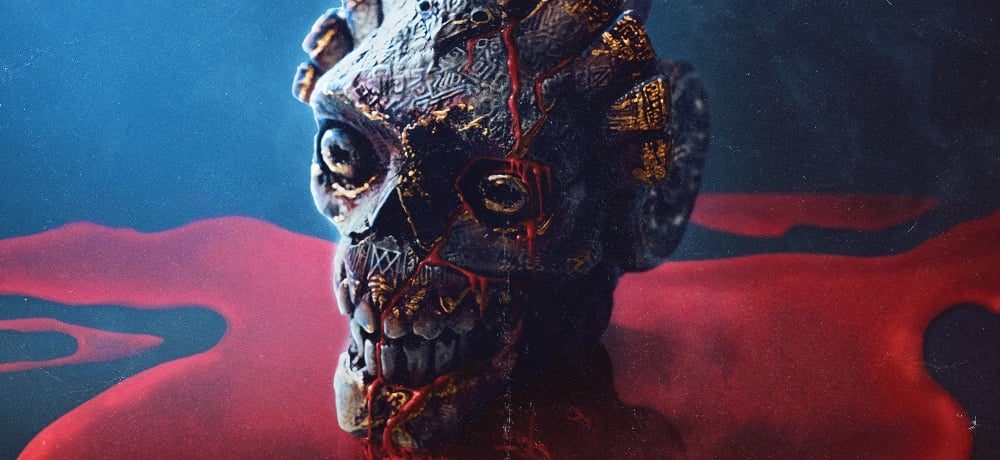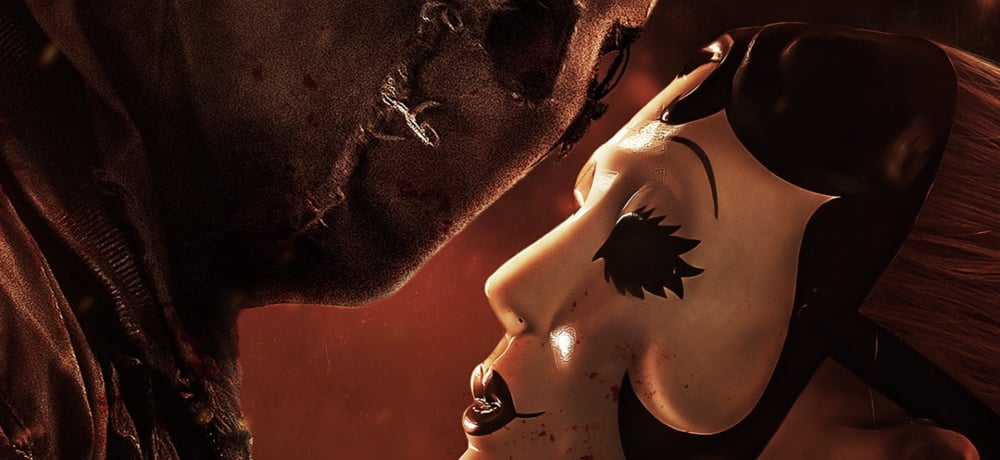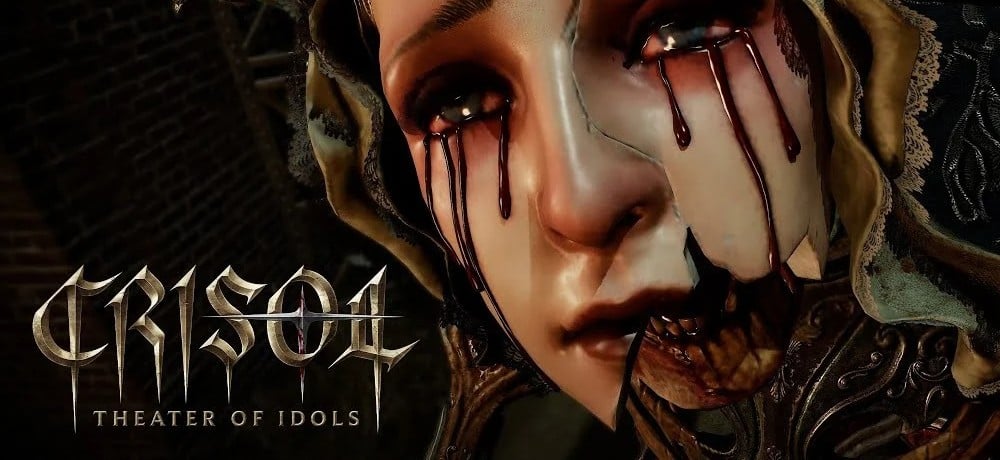





This Friday, RLJE Films is set to release The Man Who Killed Hitler and Then The Bigfoot in theaters and on various digital platforms. In the film written and directed by Robert D. Krzykowski, Sam Elliott stars in the titular role as Calvin Barr, an ordinary man who has been a part of some extraordinary circumstances throughout his life, and we see how the burden of his heroic actions have loomed over him, and the regret that he’s carried about the life he had to give up as well.
Daily Dead recently spoke with Krzykowski about the project, and he chatted about the 12-year journey of getting this idea onto the big screen, as well as why he took an unusual route with the story, his experiences collaborating with Elliott, and the timeliness of The Man Who Killed Hitler and Then The Bigfoot.
I would love to hear about creating this story. When you come at audiences with a title about a man who not only killed Hitler but also Bigfoot, those are two very big events to focus on, and yet the way that you approach this story and approach the character of Calvin is so beautifully understated in a way that makes him so relatable. You could have gone in two directions with this, and you went with this very intimate, thought-provoking way, and I'd love to hear a little about coming up with this idea for the story, and the inspiration about taking this route in particular with Calvin's journey.
Robert D. Krzykowski: At the time that I started writing the script, it was something that I felt could be a really cool pulp adventure, and I would have this character in the opening 10 pages kill Hitler and it would be this kind of big, Mission Impossible espionage sequence. And at the end of that, I realized there wasn't a whole lot more to do in a script like that. But I liked the hero and I felt like there was more to do with the notion of Hitler being a monster, and so maybe he goes after another monster later in his life. And I started thinking about Hitler spreading a plague of ideas, and so the Bigfoot could be spreading a literal plague. And, while Hitler was a very real monster, the Bigfoot would be the kind of more mythic monster for the hero to go up against.
But in writing it, my wife and I, she was my girlfriend at the time, had experienced some personal losses, and I started thinking a lot about loss and regret and how those things are kind of our common enemy, so I began writing about a hero that was very much affected by those things and looking back over his life. Then, I spread the two timelines much further apart. And all of those changes happened in a very short amount of time, but it took over 12 years to actually get the movie made.
Perseverance is so important in Hollywood, and I don't think people realize sometimes just how long it can take for a movie to come together. From your perspective, because you stuck with this for 12 years, how deeply satisfying is it to see it finally getting out there into the world for everyone to see?
Robert D. Krzykowski: It feels amazing. The 12 years that it took to make it I never felt like it wasn't worth it, because I felt like, at the very least, if I got to say something with this movie, that would be worth it. In a lot of ways, this story is a love letter to people that are feeling these things, and I am also hoping to give them some hope, to look at a character that's as strong and able as Calvin Barr, but to see his frailties exposed. I felt like there's not enough heroes in cinema that are as open and honest as that, and I wanted to say something with that, and about decency, too. I know that's why Sam Elliot came and did this movie. He’s worried that decency is fading in the world right now, and putting a hero like this out there right now is an opportunity for audiences to find somebody who's worth celebrating and worth people looking at.
And so, it was worth the time. Even though there was some really hard walls and some days that were really difficult and it definitely felt like it might never happen, one by one, this incredible team of people gathered around over those years. Suddenly, I'm looking around and there is John Sayles, and there is Lucky McKee and there is Douglas Trumbull and Sam Elliott, and I think that's when I knew we were doing something that was worth doing even though it was going to take a long time.
Yeah, and if this movie would have come out maybe 10 years ago or something like that, this film would have still resonated with me, but I think it would have resonated with me a lot differently than it does now, because of where the world is right now. Obviously, I'm sure you would have loved to have gotten the film out there earlier, but do you feel like maybe the stars aligned perfectly for this movie to come out at this time, because it feels like it's a movie and a story that we need right now more than ever?
Robert D. Krzykowski: I do. During the actual making of the movie, the Charlottesville Nazi protests were happening, and Sam and I couldn't believe that was happening while we were making this movie that talks about the ideas being plague-like and that they can live on without the person that initially put them out there. And so there was a lot of love that went into making this movie, but at that exact moment in time, there was a lot of anger and confusion as well. I actually feel like this movie is my version of a protest film. It's just a peaceful protest film.
Before we go, let’s talk about Sam. I've been a fan of his ever since I was kid and watched Mask. He brings so much to this role and I was hoping you could discuss working through this character of Calvin with him and finding the humanity to his story in this very relatable way.
Robert D. Krzykowski: Sam just wanted to know everything he could about the character, because the character can be very mysterious. We know a lot about him, but there are these big gaps in his life that we don't know anything about, and then there are certain mysteries that are intentionally left in the movie so that the audience has something to go talk about and discuss and fill in the blanks and be a creative participant in the movie. So, Sam wanted to know a lot of those answers. He wanted to really make this a character study, and he was very method in his approach to playing this character. He said at one point that he didn't bring his wife, Catherine, out to Massachusetts because he wanted to feel as lonely as Calvin was feeling in this movie. And there's something really powerful about that, because I actually think you can see it. And Sam had just come off many months of his Netflix show. He had just come off of A Star is Born, too. He had only a few weeks off and then he did this movie.
So, he came out exhausted and he said that was another thing that he felt Calvin was feeling, so that he would use that as well. And amidst all that, Sam and I were always talking and communicating and laughing and having fun and doing something I think neither of us had ever done before and discovering it as we went. And the real thing that made both of us click was we trusted one another in those communications. It was important to have that communication, and I loved the experience of working with him.